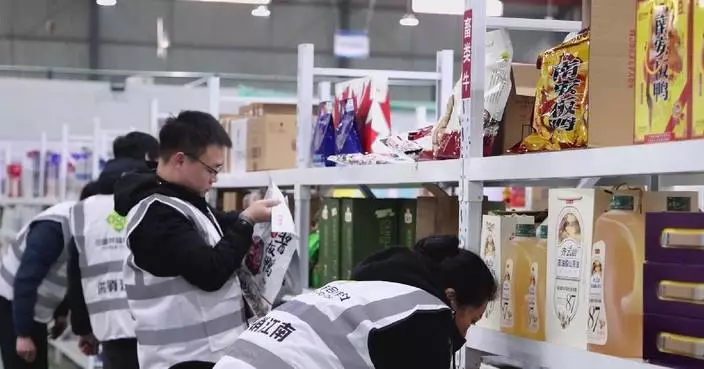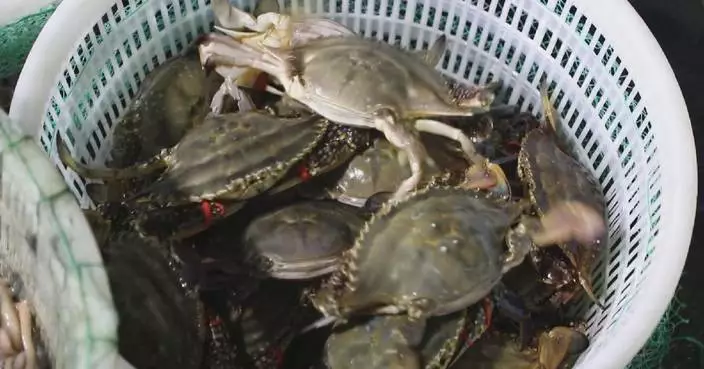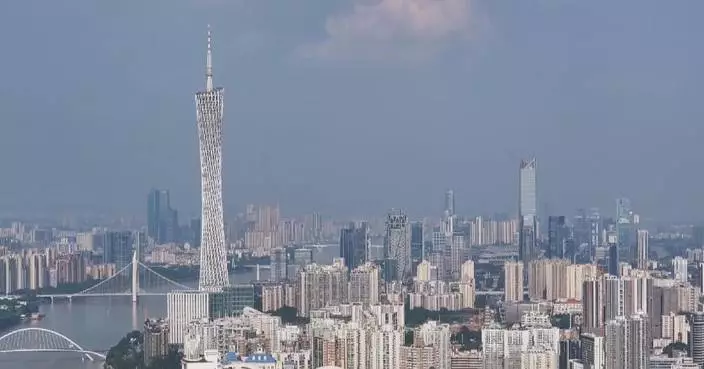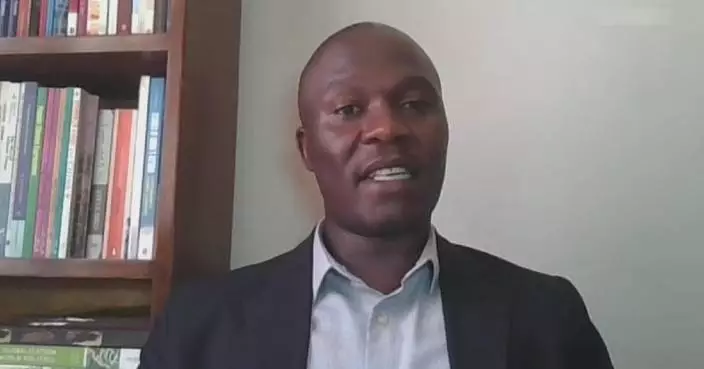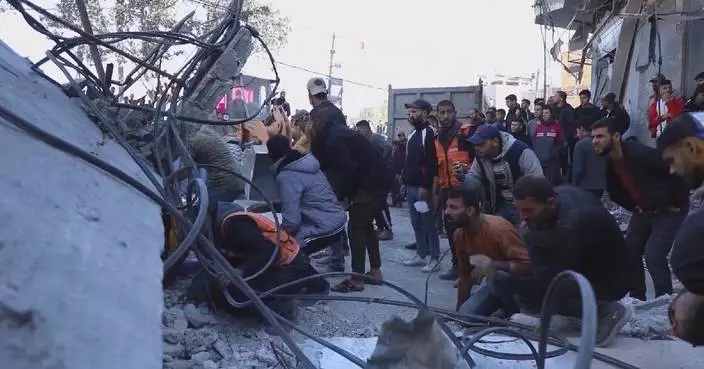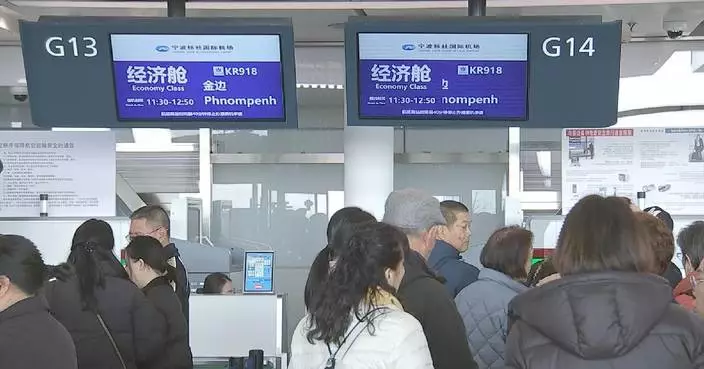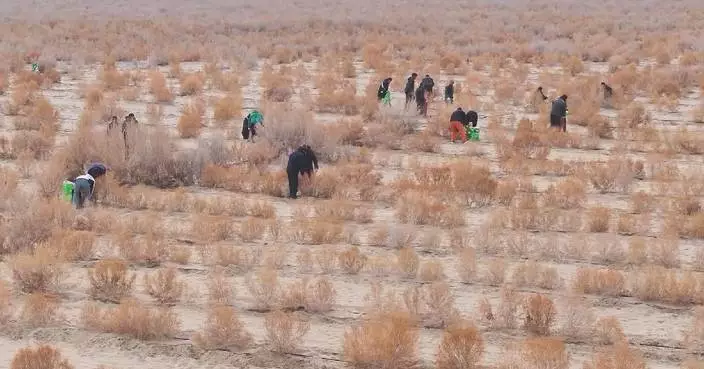Russian President Vladimir Putin signed into law a treaty on comprehensive strategic partnership with the Democratic People's Republic of Korea (DPRK) on Saturday.
The treaty, originally signed by the top leaders of the two countries in Pyongyang on June 19, was ratified by the State Duma, or the lower house of parliament, on Oct. 24. Russia's upper house of parliament, the Federation Council, approved the bill on Nov. 6.
The preamble to the treaty says that the document aligns with the core interests of the two peoples, aiming to ensure regional and global peace, security and stability.
Under the terms of the agreement, Russia and the DPRK are committed to developing a sustained partnership based on mutual respect for sovereignty, territorial integrity, non-interference in internal affairs, equality, and other principles of international law that support friendly relations and cooperation among nations.
The treaty also includes provisions for immediate military and other forms of assistance if either nation faces an armed attack, as stipulated by Article 51 of the United Nations Charter.
The treaty will come into effect upon the exchange of ratification instruments.
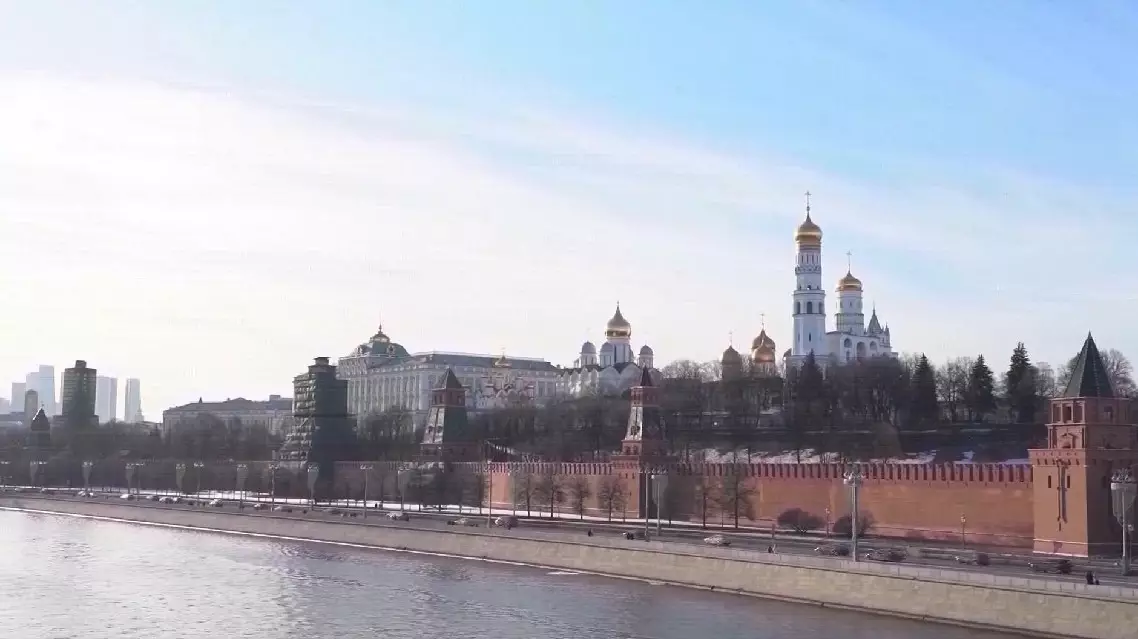
Putin approves comprehensive strategic partnership treaty with DPRK
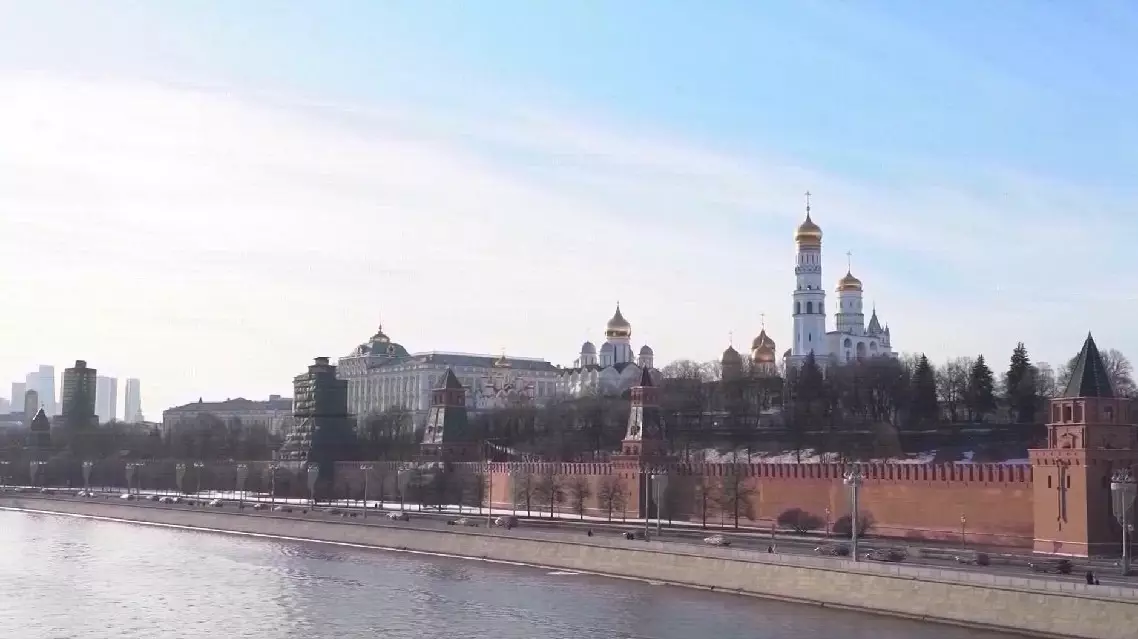
Putin approves comprehensive strategic partnership treaty with DPRK
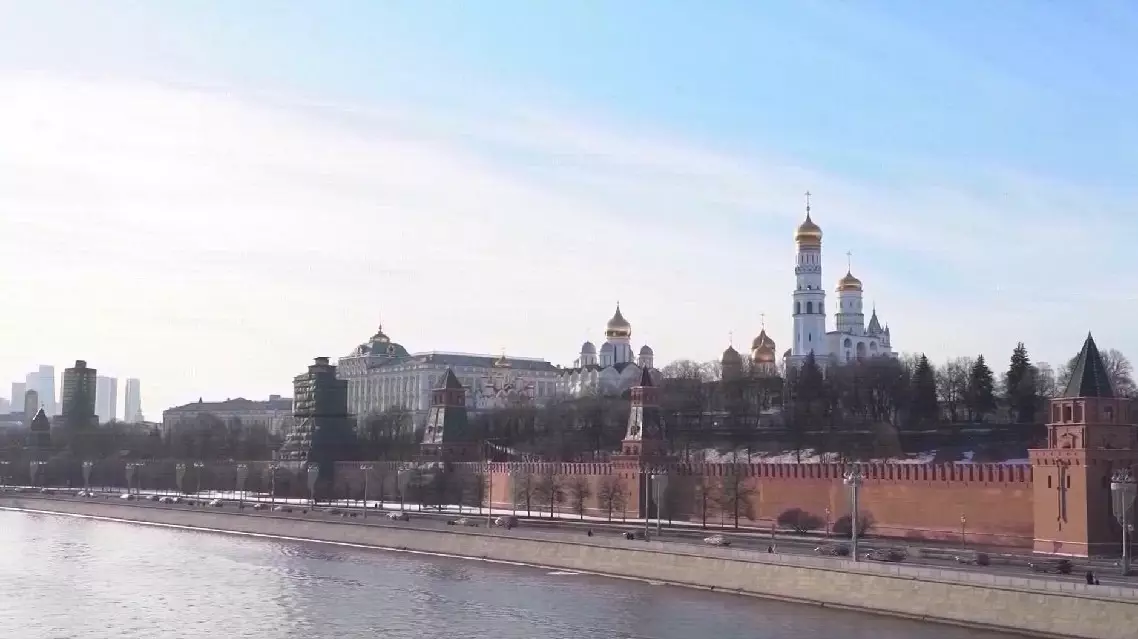
Putin approves comprehensive strategic partnership treaty with DPRK
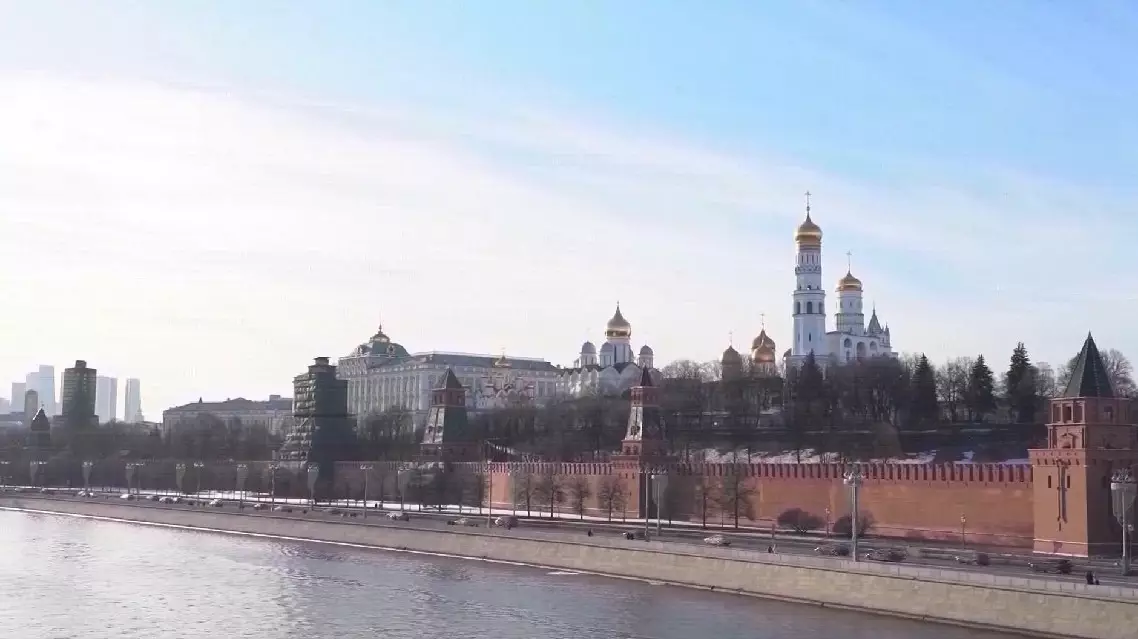
Putin approves comprehensive strategic partnership treaty with DPRK
To meet the timeline of starting independent customs operations by the end of 2025, the government of south China's Hainan province issued a series of regulations to stipulate import and export management of Free Trade Port (FTP), with two major documents on environmental safety and medicine import put into effect recently.
To further explain the effects and scope of the two documents, the local government held press conferences on Monday and Tuesday.
The "Several Provisions on the Management of Entry Environmental Safety Access in the Hainan Free Trade Port" took effect on Wednesday, which clarified the scopes and responsibilities regarding potential environmental issues of vessels and import products.
"The document regulates the access management of special items such as hazardous waste, remanufactured products, carry-on items of entry personnel, and radioactive materials. Meanwhile, it clarifies that the storage sites for transit goods should meet environmental safety management requirements, to avoid environmental pollution," said Di Weijie, deputy director of the Department of Ecology and Environment of Hainan Province.
In addition, the administrative rule on zero-tariff import of medicines and medical devices in Hainan Free Trade Port was put into effect on Tuesday, stipulating that before Hainan FTP starts independent customs operations, medical institutions, higher medical education institutions, and pharmaceutical research institutes registered in the Hainan's Boao Lecheng Pilot Zone with independent legal status and approved eligibility can import designated pharmaceuticals and medical devices under the zero-tariff policy.
"The scope [of medicines and medical devices imported under 'zero-tariff' policy] consists of two categories: imported pharmaceuticals and medical devices already approved for registration in China, and specially licensed pharmaceuticals and medical devices for the Boao Lecheng Pilot Zone," said Jia Ning, director of Hainan Boao Lecheng International Medical Tourism Pilot Zone Administration, during the press conference.
With policy supports and related efforts like the Ever Lasting International Innovation Medicine Exhibition held in the Boao Lecheng Pilot Zone, medicine and health care is expected to be a new pillar industry for Hainan.
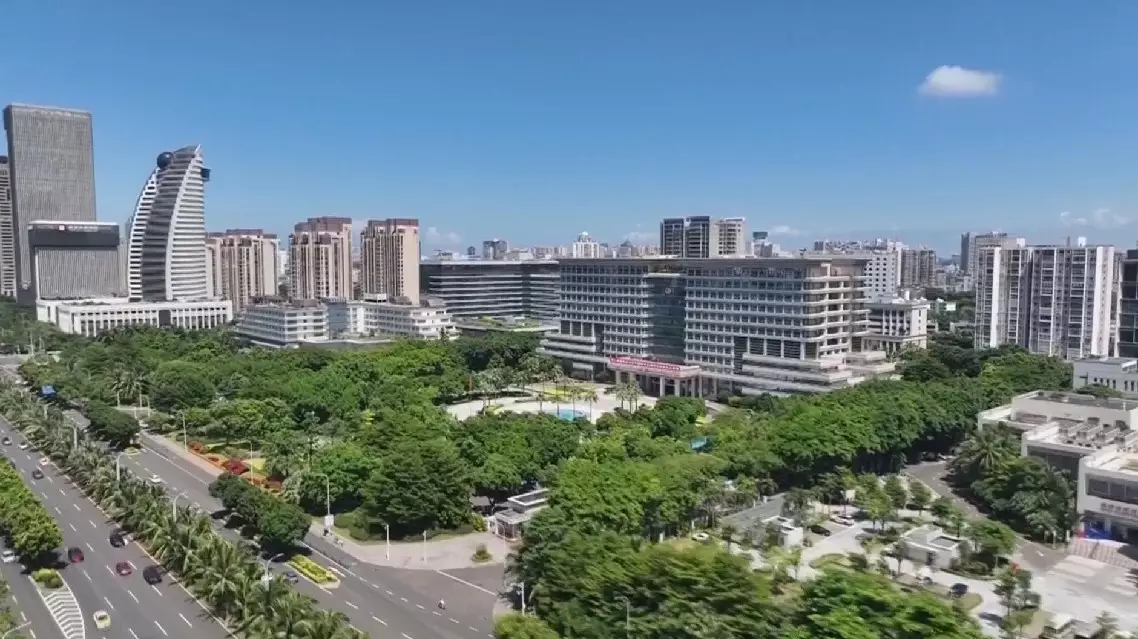
New regulations clarify environment, medicine import issues in Hainan Free Trade Port







